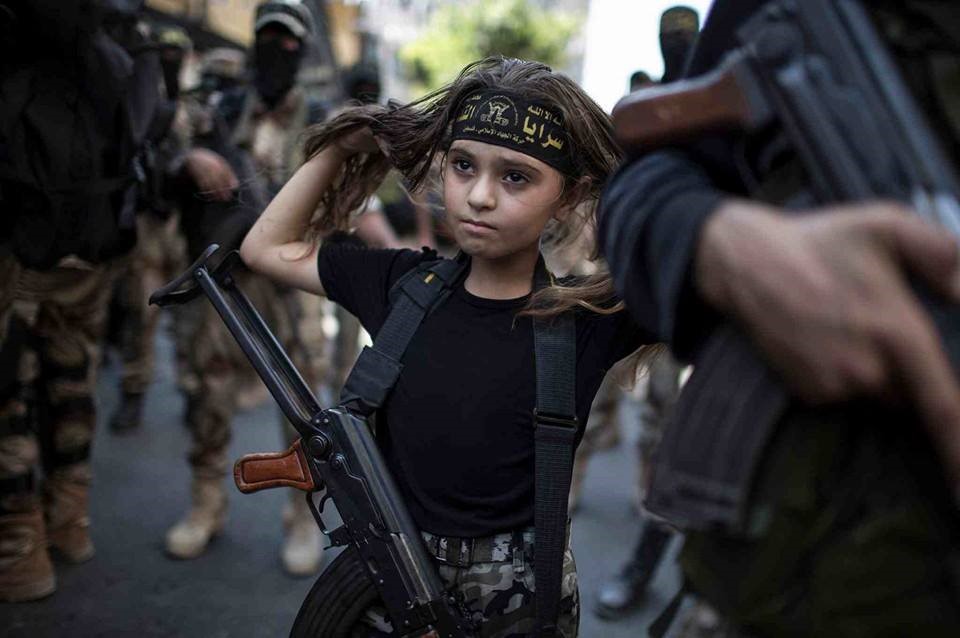The United Nations community and the world were shocked over the summer as it was revealed that UN peacekeeping troops in the Central African Republic (CAR) were implicated in the rape of a 12-year-old girl. These events took place on the August 2, 2015, when troops deployed in CAR as part of the United Nations Multidimensional Integrated Stabilization Mission in the Central African Republic (MINUSCA) were conducting a home search. The girl who lived with her family was separated from them and was taken outside and raped by one of the troops. Interviews with 15 witnesses including members of her family by Amnesty International and an examination by a nurse all pointed to strong evidence that a rape took place. Calls for an independent civilian investigation have been made. The UN has been criticized for its handling of the situation and the accountability of its peacekeeping forces, particularly in CAR where three more allegations of sexual abuse and exploitation by UN troops were made on August 20, 2015. The disturbing fact is that this is a wide-spread problem because there has been mounting evidence of UN troops committing sexual violence in areas where they are deployed throughout the world.
A widespread problem
In June 2015, the UN released a report on sex abuse by peacekeepers. The report details how troops commonly paid for sex with cash, dresses, jewelry and perfume. Haiti was cited as an example where transactional sex took place between troops and at least 229 women who needed to obtain medication or food. The report said that the missions in the Democratic Republic of Congo, Liberia, Haiti and South Sudan accounted for the greatest numbers of accusations. The report also stated that 480 allegations of sexual exploitation and abuse had been made between 2008 and 2013, one third of which involved minors. It was seen in fact that girls were often the targets of peacekeeping troops in countries where they are stationed.
This is not a new phenomenon. The misconduct and inappropriate behavior of peacekeeping forces has been an issue since the peacekeeping program was brought to life 50 years ago. Accounts of such behavior have been more widespread as the number of peacekeeping missions has increased. There have been accounts of such behavior in Haiti, as mentioned above, Guinea, Liberia, Sierra Leone, Bosnia, Cambodia, East Timor, and the Democratic Republic of the Congo. There have been accounts of sex trafficking, troops fathering and abandoning children, rape, prostitution and the failure to protect women from sexual violence.
In response to the accounts of sex trafficking during the Bosnian War, Kofi Anan, the Secretary General at the time, called on experts to evaluate peacekeeping operations and recommend institutional change. Despite enacting some changes and the continuous efforts for reform, the abuses committed by troops have continued. It has been found that the structure of the UN Peacekeeping Programme allows for these abuses to persist. The peacekeeping program’s autonomy is limited as member states provide the mandate for peacekeeping actions and contribute personnel for the missions. The programme is vast with troops coming from 120 countries engaged in 16 missions all over the world. As such they are contracted to the UN, after being recruited from the national defence of their home countries. This creates an issue of control and accountability as peacekeeping forces are under the direct control and leadership of their home country’s military forces. Troops therefore don’t come under the jurisdiction of their host country, but are accountable to the laws of their country of origin. This has led to a lack of accountability, weak reporting of sexual abuse and an inconsistency in the prosecution of troops, which is all very disconcerting.
Structural issues and lack of accountability such as the ones mentioned above need to be addressed. It is wholly unacceptable that troops entrusted with protecting the most vulnerable individuals in the world are inflicting sexual violence and abuse on them. Instead of protecting the populations, they violate them.



